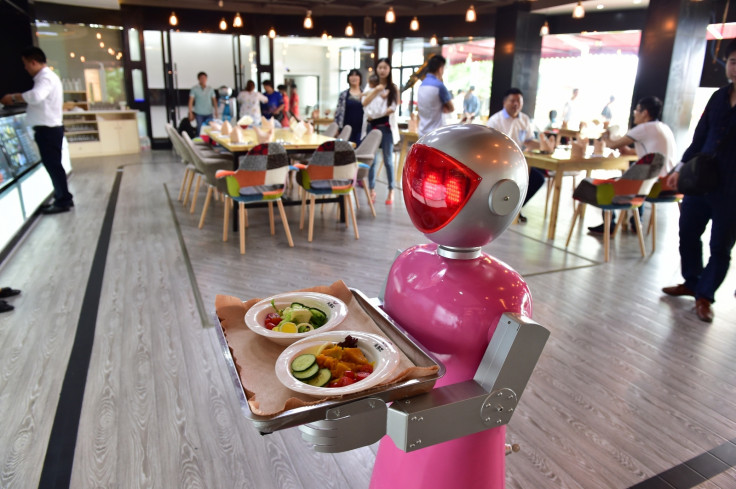Millions of south-east Asian jobs could be taken over by robots within two decades
The textile and garment industry is believed to be most at risk from losing jobs to robots.

More than half of people in five southeast Asian countries could lose their jobs to automation in the next 20 years, a report from the International Labour Organisation (ILO) said on 7 July. According to the research, 137 million workers (56%) in Cambodia, Indonesia, the Philippines, Thailand and Vietnam fall under the high-risk category.
The ILO noted that those in the garments industry are particularly vulnerable. Out of the 9 million people working in the textiles, clothing and footwear industry in south-east Asia, 64% of Indonesian workers are at high risk of losing their jobs to automation, 86% in Vietnam, and as much as 88% in Cambodia.
Deborah France-Massin, director of the ILO's bureau for employers' activities, said: "Countries that compete on low-wage labour need to reposition themselves. Price advantage is no longer enough. Policymakers need to create a more conducive environment that leads to greater human capital investment, research and development, and high-value production."
The research urges south-east Asian countries to train their workforce with skills that will allow them to adapt to the robot age, as well as train them with technical skills to handle new technologies and work effectively alongside machines.
South-east Asia is home to more than 630m people and is the manufacturing hub for textiles, vehicles and hard disk drives. Garment manufacturers in Cambodia employ about 600,000 people and serve some of the world's biggest retailers, such as Adidas, Marks and Spencer and Wal-Mart Stores Inc.
The ILO has warned that technologies such as 3D printing, wearable technology, nanotechnology and robotic automation could disrupt the region's flouring footwear and textiles sectors. The automotive and auto parts industry could also see more than 60% of workers in Indonesia and more than 70% in Thailand lose their jobs to robots.
However, a spokesperson for the ILO said: "Robots are becoming better at assembly, cheaper and increasingly able to collaborate with the people."
While the report does state that mass scale job displacement is not imminent, robots are likely to replace mainly lower skilled jobs in the south-east Asian countries due to its cost declines and innovation becoming accessible even to the smaller enterprises.
© Copyright IBTimes 2025. All rights reserved.






















